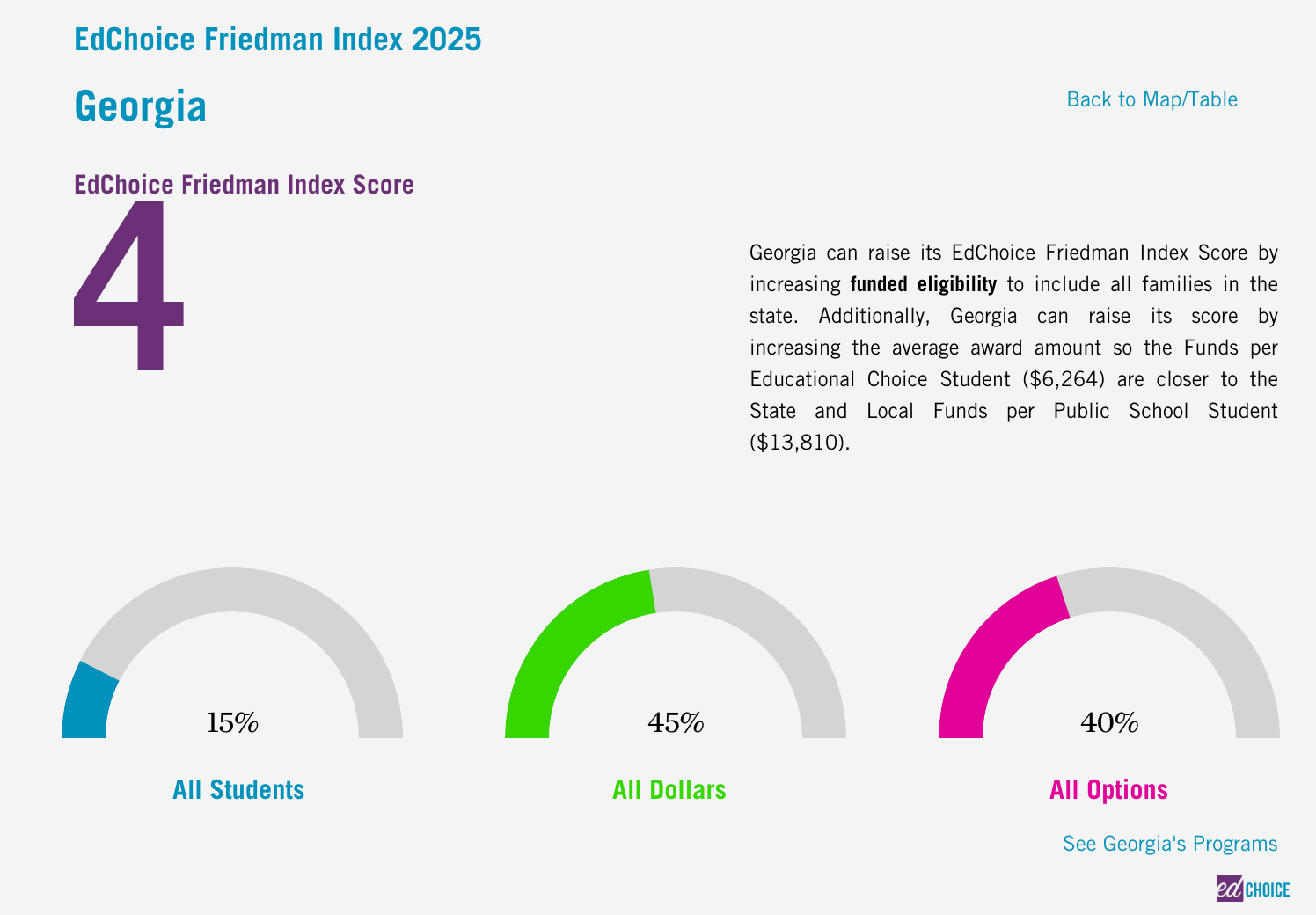
National poverty rate fails to Capture the problem of poverty concentration in Georgia and beyond

National poverty rate fails to Capture the problem of poverty concentration in Georgia and beyond
PEACHTREE CORNERS, GA—The official poverty rate fell 0.4% to 10.6% in 2024, according to the U.S. Census Bureau’s latest report on poverty. The data shows that 35.9 million Americans were living in poverty last year.
These numbers suggest trends at a high level, but they don’t reflect the biggest poverty-related issue, both for the nation and for Georgia: the concentration of poverty in specific neighborhoods. Instead of affecting only certain individuals and families, poverty is enveloping entire communities. This is leading to significant geographic and societal separations among Georgians—not only financially, but also in terms of opportunities for education, work, and family formation.
Randy Hicks, the Georgia Center for Opportunity’s President and CEO, also shared that:
“The national numbers don’t tell us much about poverty from the perspective of the person or community experiencing it. They fail to convey that poverty is much more than a material issue for those who are struggling. Research has shown that people living in neighborhoods with high concentrations of poverty lack the essential local network of supportive relationships that’s crucial for helping them thrive and rise out of poverty.”
At a glance: facts on concentrated poverty in Georgia
- Georgia’s poverty rate: 13.5%—2.9% above the national average, ranking 38th.
- Poverty exceeds the national rate in 133 of Georgia’s 159 counties.
- Atlanta’s poverty rate: 18.1% overall; 27.2% among children.
- Lawrenceville’s poverty rate: 17.2%, compared with Gwinnett County’s 10.5%.
- Southern and central Georgia show especially high concentrations of poverty.
Breaking down Georgia’s poverty landscape
Georgia’s average poverty rate was 13.5% in 2023, per the U.S. Department of Health and Human Services, or 2.9% higher than the national rate.
This difference may seem slight, but it puts Georgia 38th in the country when it comes to poverty. Poverty rates in 133 of Georgia’s 159 counties also exceed the national rate.
Within counties, concentrations of poverty exist in particular cities. For example, Atlanta, the county seat of Fulton County, has a poverty rate of 18.1%. Poverty is even more concentrated among the city’s children, with 27.2% living in poverty. These numbers are significantly higher than the county’s average poverty rate of 12.6%.
Lawrenceville, in Gwinnett County, also struggles with concentrated poverty at a rate of 17.2%. The county’s average poverty rate is just 10.5%.
In many cases, poverty rates are higher than the state average in central and southern Georgia, suggesting concentrations of poverty in communities in those regions.
Impacts of increasing concentrations of poverty
In neighborhoods with higher poverty levels, residents experience many negative impacts, including limited access to quality education, healthcare, and employment opportunities. They also struggle with increased crime and inadequate housing and living conditions. These factors significantly hinder social and economic mobility and contribute to cycles of poverty that are difficult to escape.
Eric Cochling, the Georgia Center for Opportunity’s Chief Program Officer and General Counsel, noted:
“Poverty has an especially big impact at the local level. It’s a crisis of human well-being. These neighborhoods are often missing the vital community connections and social institutions that help people navigate life’s challenges. As social isolation and disengagement from work increase, people suffer from the loss of purpose and belonging that work and relationships provide.”
About the Georgia Center for Opportunity
The Georgia Center for Opportunity is a nonprofit organization that works to remove barriers to ensure that every person—no matter their race, past mistakes, or the circumstances of their birth—has access to safe communities, a quality education, fulfilling work, and a healthy family life. Learn more at foropportunity.org.
###
Georgia Center for Opportunity (GCO) is independent, non-partisan, and solutions-focused. Our team is dedicated to creating opportunities for a quality education, fulfilling work, and a healthy family life for all Georgians. To achieve our mission, we research ways to help remove barriers to opportunity in each of these pathways, promote our solutions to policymakers and the public, and help effective and innovative social enterprises deliver results in their communities.
Send media inquiries to:
Camille WalshGeorgia Center for Opportunitycamillew@foropportunity.org









